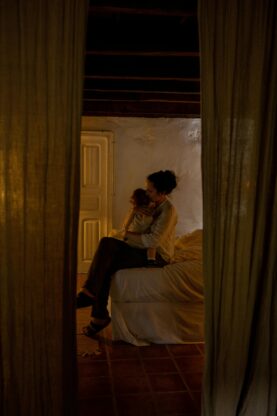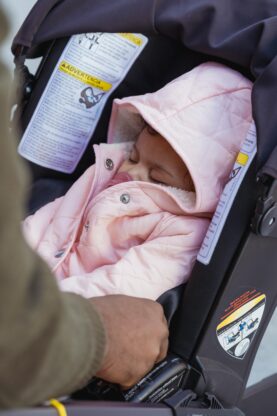Table of Contents
Establishing Clear Communication with Parents
Before starting a babysitting job, it is crucial to establish clear communication with the parents of the children you will be looking after. Make sure to gather important information such as emergency contact numbers, medical information, any allergies or special dietary restrictions, and the children’s bedtime routine. It is also important to discuss any specific rules or expectations that the parents have for their children.
On-Demand Childcare in Your Neighborhood
Book a Sitter
Understanding Emergency Procedures
Being prepared for emergencies is essential for any babysitter. Make sure you are aware of the emergency procedures in case of fire, medical emergencies, or natural disasters. Familiarize yourself with the location of the nearest hospital, fire station, and police station. Keep a list of emergency numbers handy and know how to perform basic first aid in case of minor injuries.
Supervising Children Effectively
One of the main responsibilities of a babysitter is to ensure the safety and well-being of the children under their care. This includes providing constant supervision, especially for younger children who may be more prone to accidents. Make sure to engage with the children in age-appropriate activities and keep them entertained to prevent boredom and misbehavior. Set clear boundaries and enforce rules to maintain order and discipline.

Creating a Safe Environment
It is important to create a safe environment for the children in your care. This includes removing any potential hazards such as sharp objects, small toys that can be a choking hazard, or toxic substances that can be harmful if ingested. Keep all doors and windows locked to prevent children from wandering off unsupervised.
Make sure that the play area is free of clutter and that there are no tripping hazards.
Practicing Good Decision-Making Skills
As a babysitter, it is important to use good judgment and make decisions that prioritize the safety and well-being of the children under your care. This includes knowing when to seek help from a parent or emergency services, when to enforce rules or discipline, and when to remove the children from a potentially dangerous situation. Trust your instincts and always err on the side of caution when it comes to the safety of the children. By following these essential procedures, babysitters can ensure a safe and enjoyable experience for both themselves and the children they care for.










